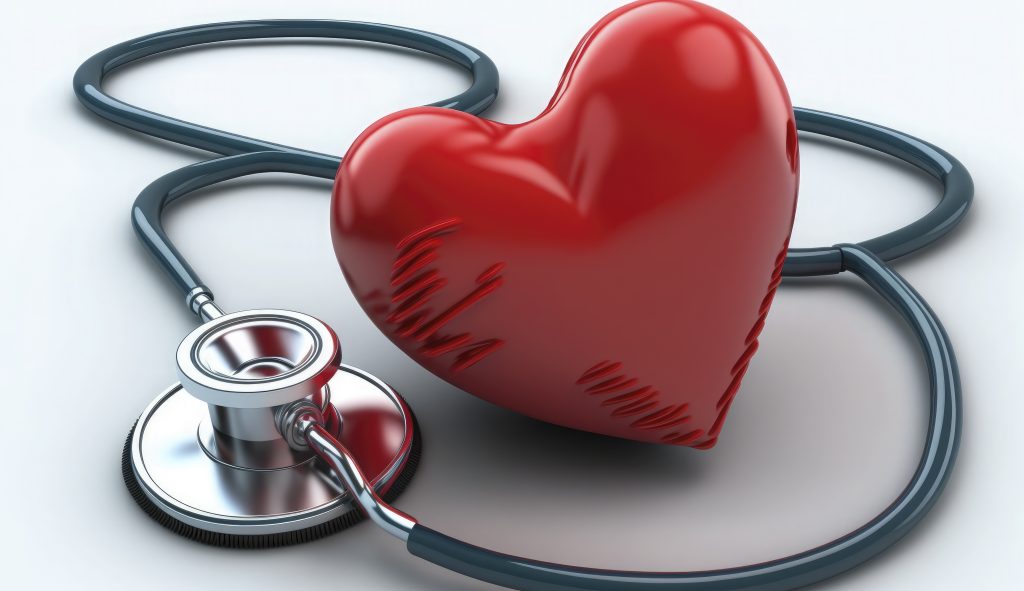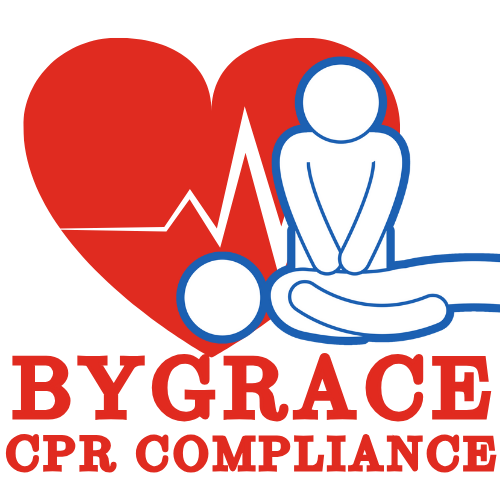
Cardiomyopathy is a disease of the heart muscle. There are several different types of cardiomyopathy, and they can have different symptoms and treatments. The most common type of cardiomyopathy is dilated cardiomyopathy, which is when the heart muscle becomes weakened and enlarged. Other types of cardiomyopathy include hypertrophic cardiomyopathy, restrictive cardiomyopathy, and arrhythmogenic right ventricular cardiomyopathy.
STATISTICALLY
- Cardiomyopathy affects about 1 in every 250 people.
- Dilated cardiomyopathy is the most common type of cardiomyopathy, affecting about 70% of people with the disease.
- Hypertrophic cardiomyopathy is the second most common type of cardiomyopathy, affecting about 30% of people with the disease.-
- Idiopathic cardiomyopathy, which has no known cause, affects about 1 in every 10 people with cardiomyopathy.
Types of Cardiomyopathy
- Dilated Cardiomyopathy. This type of cardiomyopathy is characterized by an enlarged heart that is not able to pump blood efficiently. Symptoms of dilated cardiomyopathy can include shortness of breath, fatigue, and swelling in the legs and feet. Some causes of dilated cardiomyopathy include heart attack, viral infection, or certain medications. Treatment options include medications, devices such as pacemakers or defibrillators, and in some cases, a heart transplant.
- Hypertrophic Cardiomyopathy. This type of cardiomyopathy is characterized by thickening of the heart muscle. This can cause the heart to work harder than it should, and it can lead to shortness of breath, chest pain, and dizziness. In some cases, it can cause sudden cardiac arrest. Causes of hypertrophic cardiomyopathy include genetic factors, high blood pressure, and certain medications. Treatment options include medications, surgery, and devices such as pacemakers.
- Restrictive Cardiomyopathy is the least common type of cardiomyopathy, and it affects about 1 in every 100 people with cardiomyopathy. In this type, the heart muscle becomes stiff and does not relax properly, which makes it difficult for the heart to fill with blood. This can cause shortness of breath, fatigue, and swelling in the abdomen or legs. Causes of restrictive cardiomyopathy include certain genetic conditions, amyloidosis (a condition that causes abnormal deposits of protein in the body), and hemochromatosis (a condition that causes the body to absorb too much iron).
Diagnosis of Cardiomyopathy
The diagnosis of cardiomyopathy is typically made with a combination of a physical exam, a review of symptoms, and imaging tests such as an echocardiogram or a cardiac MRI. Sometimes, additional tests such as a stress test or a cardiac catheterization may be needed to confirm the diagnosis.
The doctor may also order blood tests to look for signs of certain conditions that can cause cardiomyopathy, such as thyroid disorders or infection. If cardiomyopathy is diagnosed, the doctor will typically recommend treatment to help improve symptoms and prevent complications.
Treatment of Cardiomyopathy
Medication and Non-medication Treatment:
Treatment of cardiomyopathy varies depending on the specific type and the underlying cause. However, some common treatment options include medications, such as
ACE Inhibitors: One type of medication commonly used for cardiomyopathyis ACE inhibitors. These medications help relax the blood vessels and lower blood pressure, which can improve heart function.
Beta blockers are another type of medication that can help slow down the heart rate and reduce the workload on the heart.
Some people with cardiomyopathy may also need diuretics, which are medications that help the body get rid of extra fluid. In severe cases, people may need to take a medication called a vasodilator to help widen the blood vessels.
It’s also important to make lifestyle changes to help manage cardiomyopathy, such as eating a heart-healthy diet and quitting smoking.
Non-medication Treatment:
One non-medication treatment for cardiomyopathy is a device called a pacemaker. This device is implanted under the skin and sends electrical impulses to the heart to help it beat at a normal rate.
In some cases, a device called an implantable cardioverter-defibrillator (ICD) may be needed. This device can detect and stop abnormal heart rhythms, such as ventricular tachycardia or ventricular fibrillation. ICDs can also deliver a shock to restart the heart if it stops beating.
Key Takeaways:
There are many factors that can affect the prognosis of cardiomyopathy, including the type and severity of the condition, age, overall health, and lifestyle habits. In general, the earlier the condition is diagnosed and treated, the better the prognosis. In some cases, cardiomyopathy may be reversible if it is caused by another condition, such as thyroid disease or infection. However, in other cases, cardiomyopathy may be progressive and may eventually lead to heart failure.
One lifestyle change that can help with cardiomyopathy is eating a healthy diet. This may include eating foods that are low in sodium, fat, and cholesterol, and high in fiber and omega-3 fatty acids. Exercising regularly can also help improve heart health and overall fitness. People with cardiomyopathy should avoid smoking and excessive alcohol intake. It’s also important to manage stress and get enough sleep.

0 Comments